It is no secret that Haasan’s belief has been stuck in a while for a while. Although the series’ wildly used different historical time periods helps add many varieties, it has been struggling to marry many different systems in a way. Haasan’s belief makes more clear with the wealth of many matters, one of which is the open world and its story. It is exactly what makes the shadow of Hassan’s profession such a pleasant surprise. It feels like a full course correction.
Although there are still some disappointing issues that keep plaping the series, it seems that the shadow has stumbled with a winning formula that can take the series forward.
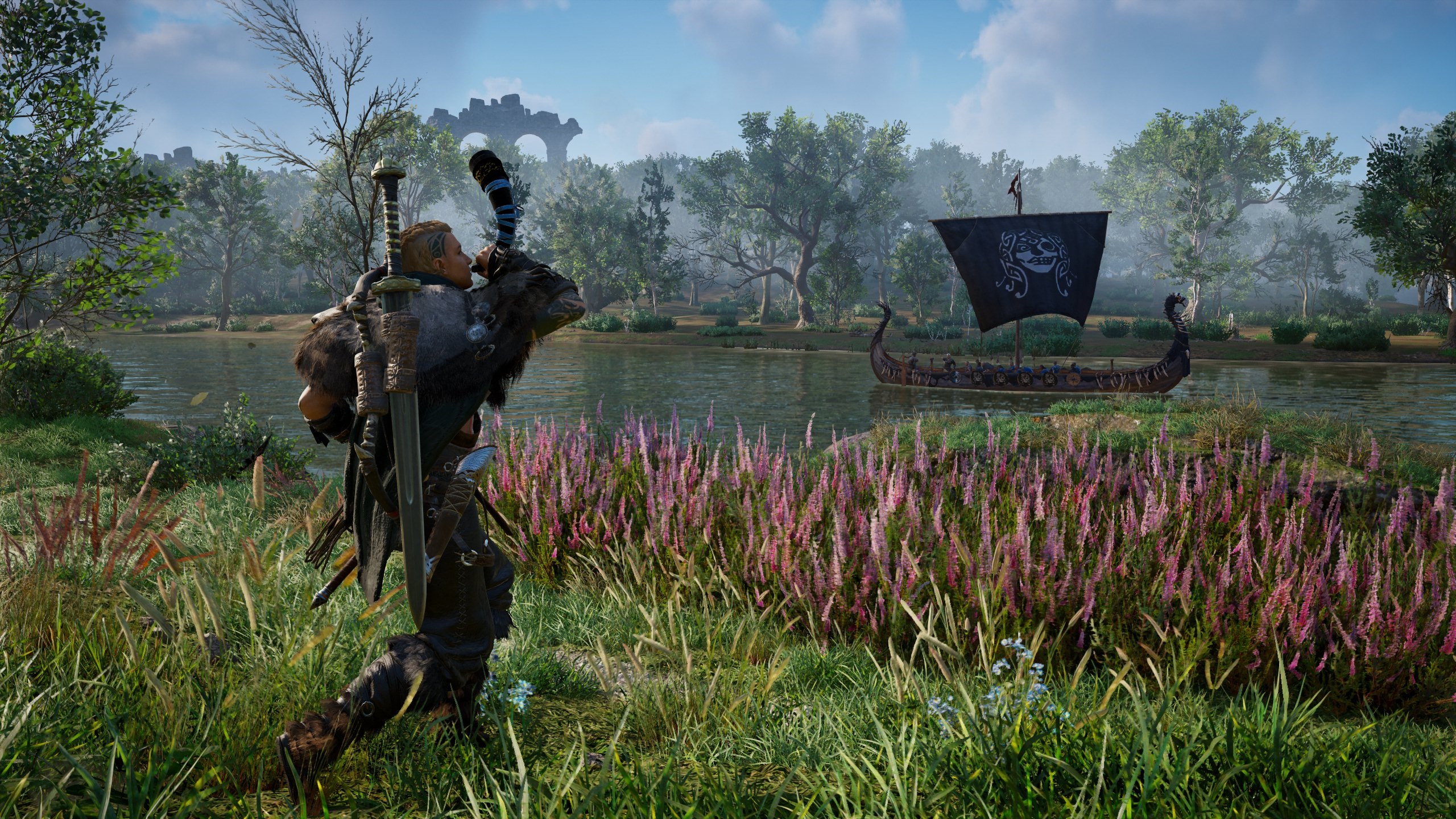
The 2017 release of Hassan’s profession, Organization, has changed the entire route of the series, and since then the new RPG formula has been re -prepared. But allegedly, Walla took the formula far away, and became too much to try to become the RPG of the open world, dropped the timid, killer Shenianis on the side.
The real fall of Walla is that it is just trying to do too much, it has spread very thin on a piece of butter toast. This is a decades -spanning Viking epic. Icons, an independent shape of an independent shape full of things to collect activities and assemblies; An action rpg with the vastages of the stealth system; And then there are parts where you are not playing Ever.
It is easy to be overwhelmed-dozens of icons on your map and color-coded circle, the complex web of hundreds of abilities, and the plot lines that feel like five season of a TV show have entered a game.
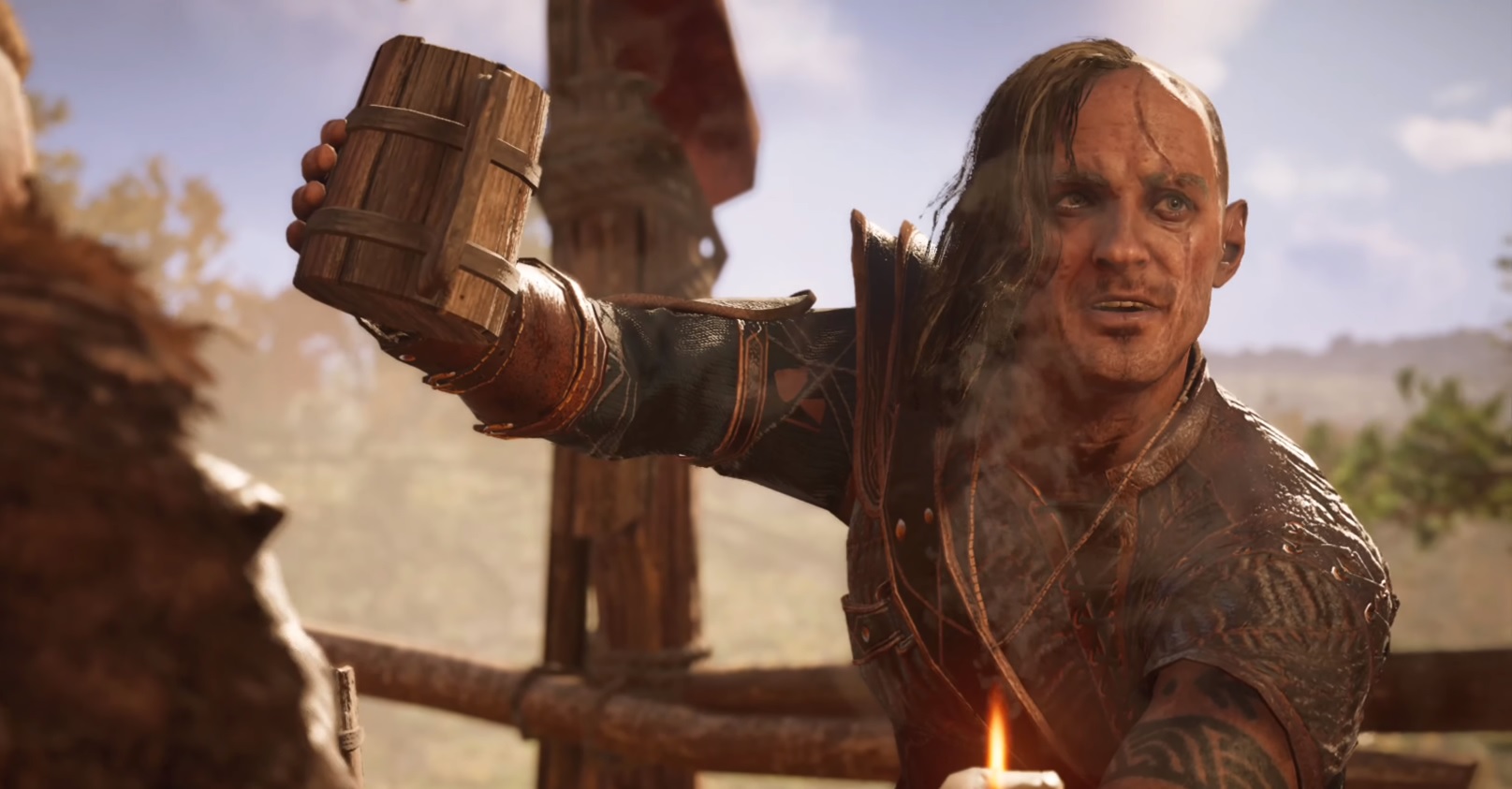
Often these activities and stories do not feel like they are contributing to the basic story. They feel separate, and unfortunately because of wasting time. By trying to maximize all the RPG elements of the original and Odyssey, Walla felt unfounded and scattered, and it is a real shame that in the end there are some strong story moments. Only 100 hours to go there are not worth it.
Coming in the shadow, which raised a big question: Will Hassan’s profession continue on the path of RPG or will he go back to the basics? The answer is a bit complicated, and while the shadows do not fix all the problems there in the previous games, but it provides a map for the series, and what should be the evolution.
The shadow feels that it directly reveals that the unintended feeling of the Walala – is a deliberate behind the shadow that gives it a edge. Explororation activities like shrines provide you with knowledge points to unlock more skills. Side quarters can lead to new allies involved in your forces, indicators to expose the target goals, to expand your base. The shadow is focused on the basic sets of ideas and mechanics, and ensures expanding everything in these handful of concepts. Even it applies to war.
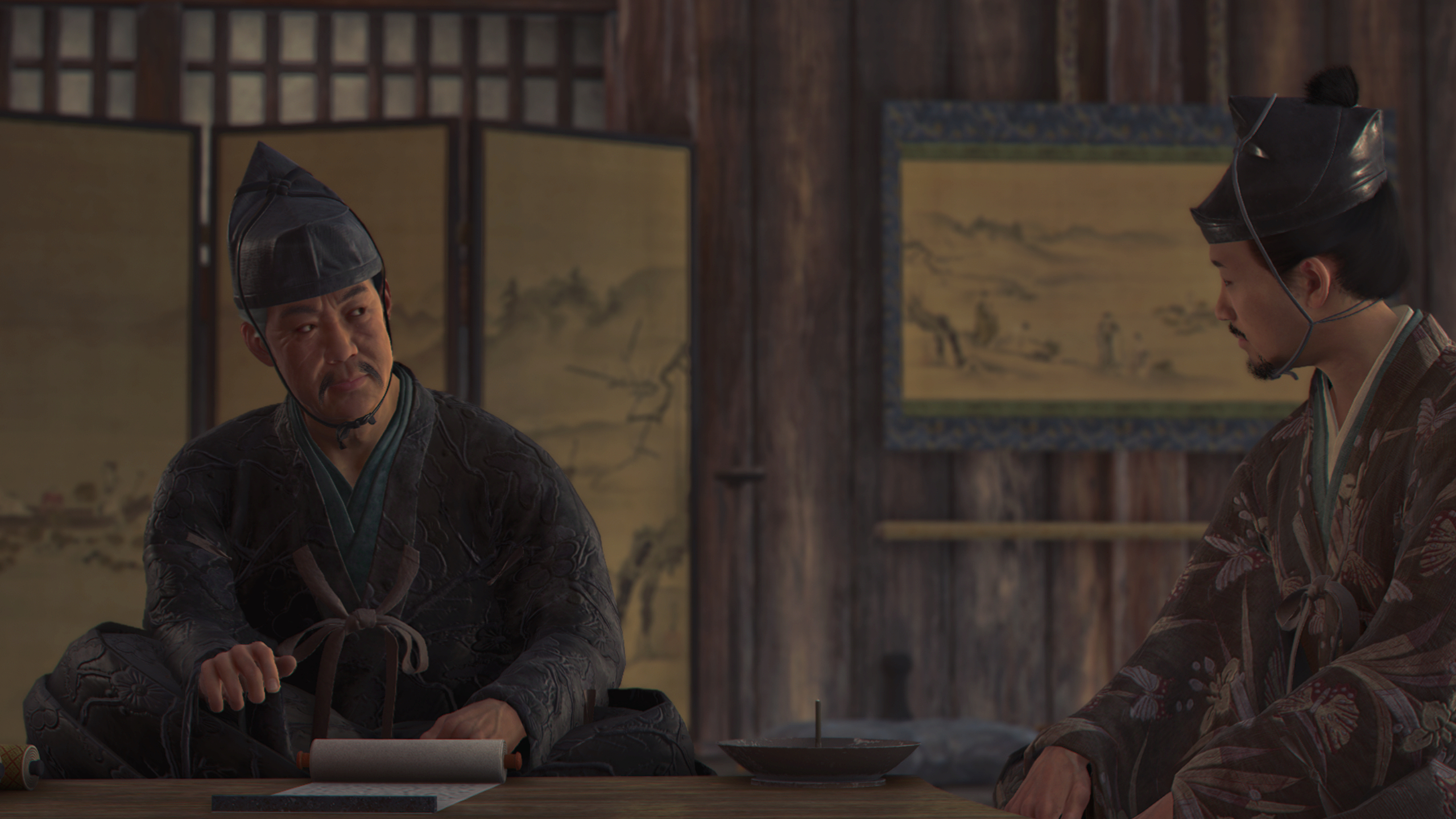
In Walala, they could unlock dozens of abilities to strengthen these abilities, and upgrade to strengthen these abilities – but to do so you will have to find hidden books. But these ideas are smooth in the shadow. Most of the capabilities are especially applied to special weapons, which means that you can sink qualification points in the killer tools that you use most. But the use of academic points means that you can make more satisfactory progress by simply finding the world and engaging in its activities when you come to them. You do not need to find specific items to unlock the capabilities, and small skill trees mean that you will not be closed with an upgrade because you are only investing on one side of the skill network.
Even the way the story is heard feels more thoughtful. A clear extension of these ideas was introduced in Hassan’s profession.
Even the way the story is heard feels more thoughtful. A clear extension of these ideas was introduced in Hassan’s profession. Instead of ordinary Quest Log, you have a network of character icons, which plays a clear map of who is involved in the story and what is their role.
The questions then linked to these portraits, which allow you to choose questions by being involved – whether it is an ally you want to help, or a member of the shade organization you are hunting. These killings take you to different regions of Shadow’s feudal Japan, and create a sense of the main story when you are more and more naked in the world. You can feel the story in a concrete way.
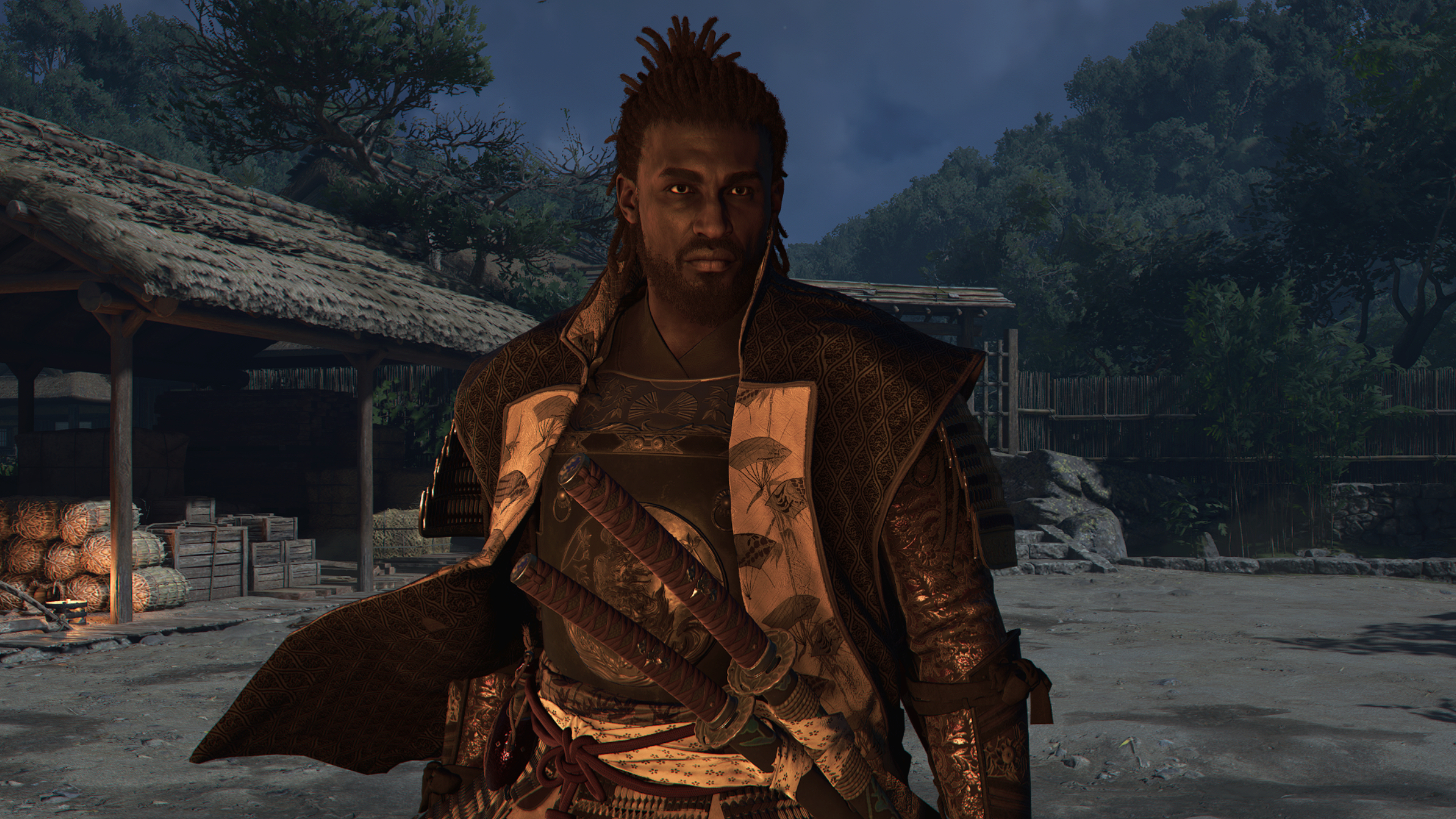
Even the likes of Organization and Odyssey struggled to maintain this pace. They were just side purposes, simple and easy.
Although this is a clear step in the right direction, there are still a handful of painful elements that begin to fall. An explosive opening hour moves amazingly slow Act 1. With the dual main character of the game, Yasoka, the Six does not appear again for six hours. It is a strange choice that prevents the speed set by the opening, and many of them are compulsory elements, and the variety offered by two characters, do not appear until you play a small part of the game. It feels like a crooked, you have to end up to reach the good things.
Although Walla’s scattered shot point was harmful, the games of this scale still need a lot of kinds to justify their huge size, they just need to be compatible. It is harmonious in the shadow, but it can feel repeatedly. The map, once again, is wide, and Ubisoft has not created a separate twist enough to fill it. The rhythm mines and optional treasures break the flow first, but after doing this work a dozen times in 60 hours, it is no longer felt.
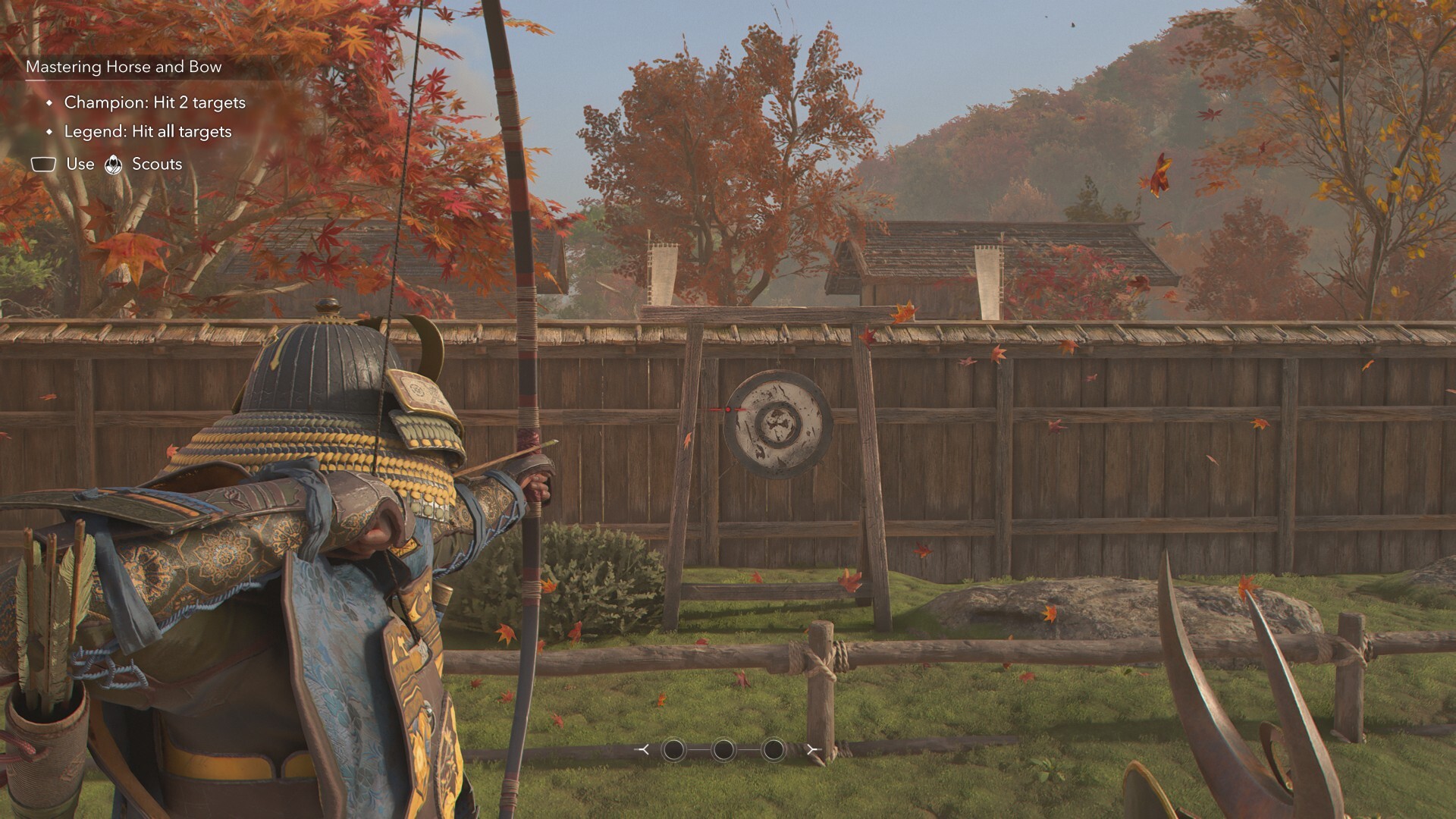
Instead of doing the same thing in a dozen places, each one can be found – whether it be in the form of more narrative context, or some different gameplay mechanics.
The same can be said for a shadow murder view. There are a ton of targets to be removed, but the formula, more and more, is entering a palace and leads to the target, either with strength like Yasuka or as a stealth. The two -game characters should add a variety of hunting, but this is compared to the black box design of the murderous missions in the previous games. The foundations of a new formula are present in the shadow, but it can greatly improve with more handmade murder missions that have unique settings, mechanics or purposes.
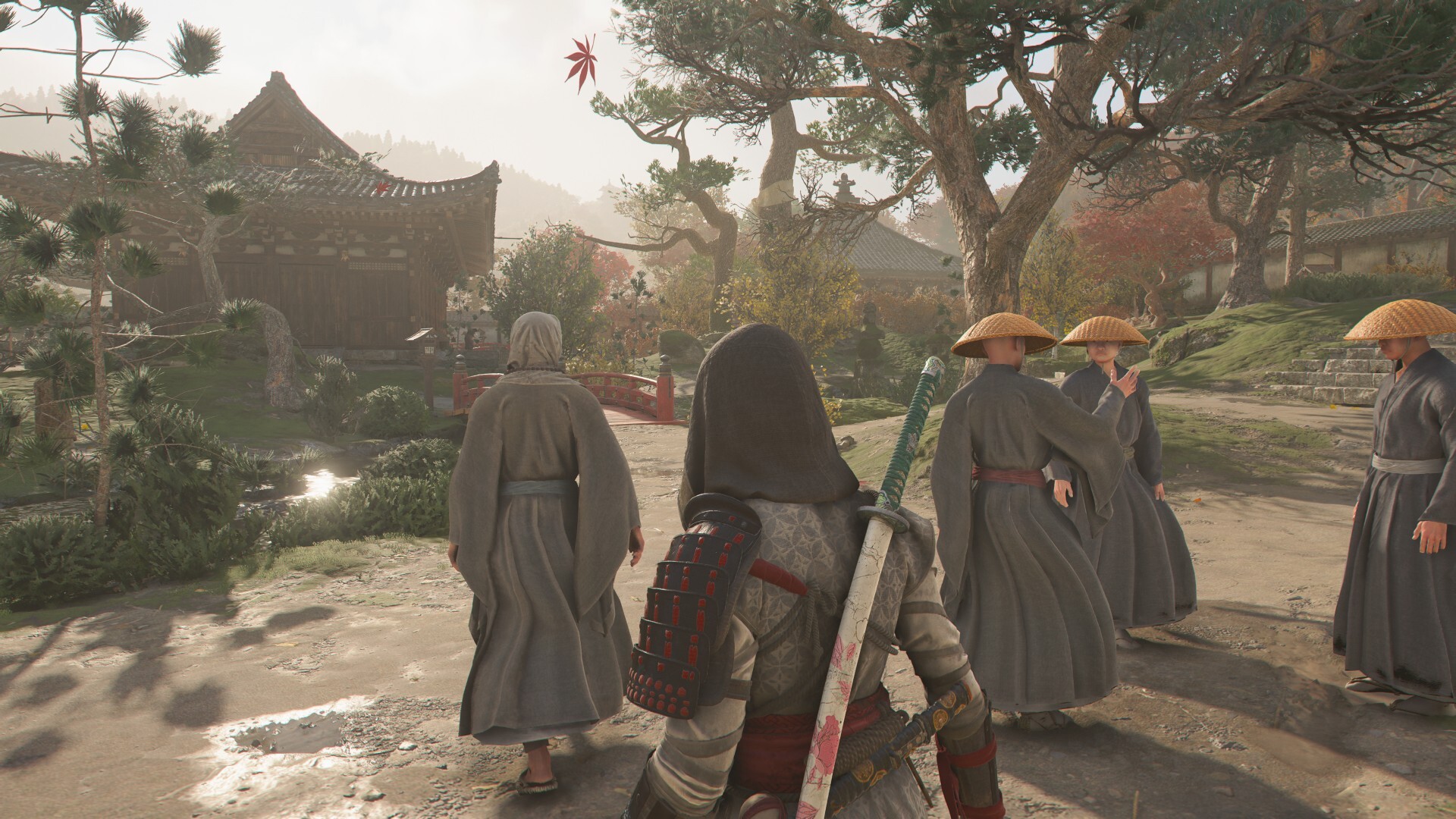
Shadow improves their world and activities more united and relevant to each other, but instead of finding perfection, it seems that this is the beginning of something that needs to be improved.
The shadow of Hassan’s profession does not explain the franchise as some people wanted, but it seems that Ubesft is trying to find a middle land that can appeal to both players’ camps. Walla entered the RPG area far away, and Hassan’s belief returned to the basics on the results of the surgery middleing. This time, Ubesoft has tried to keep problems in both sports, and while it still has problems, it seems as if Hassan’s profession knows what he wants to be again.
